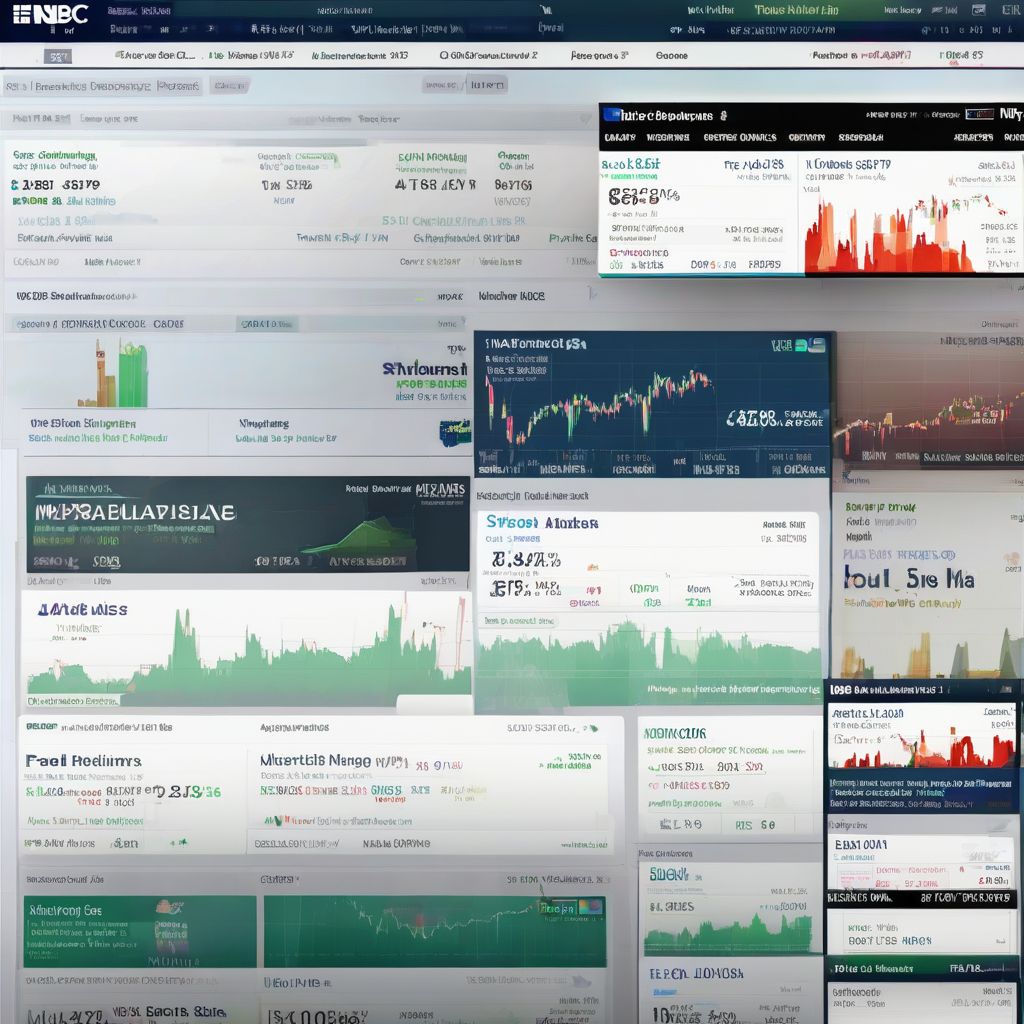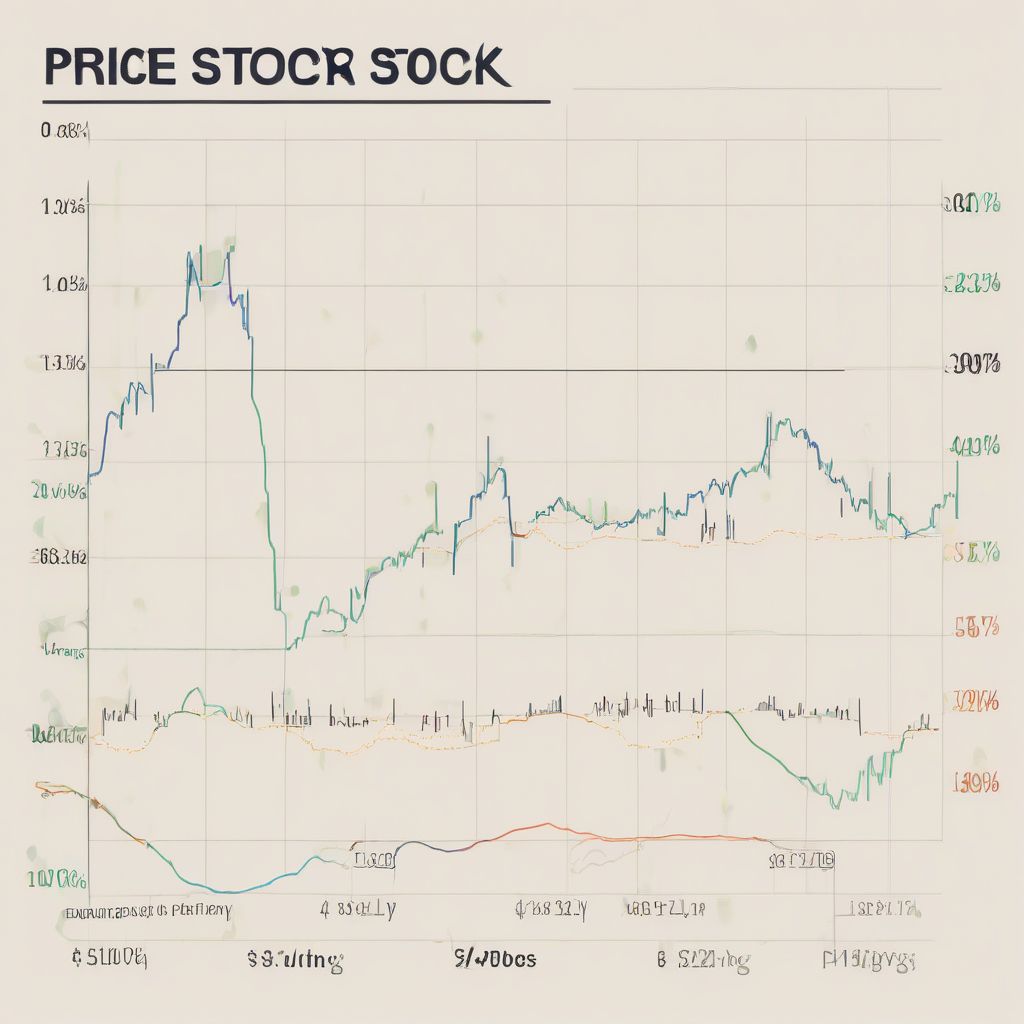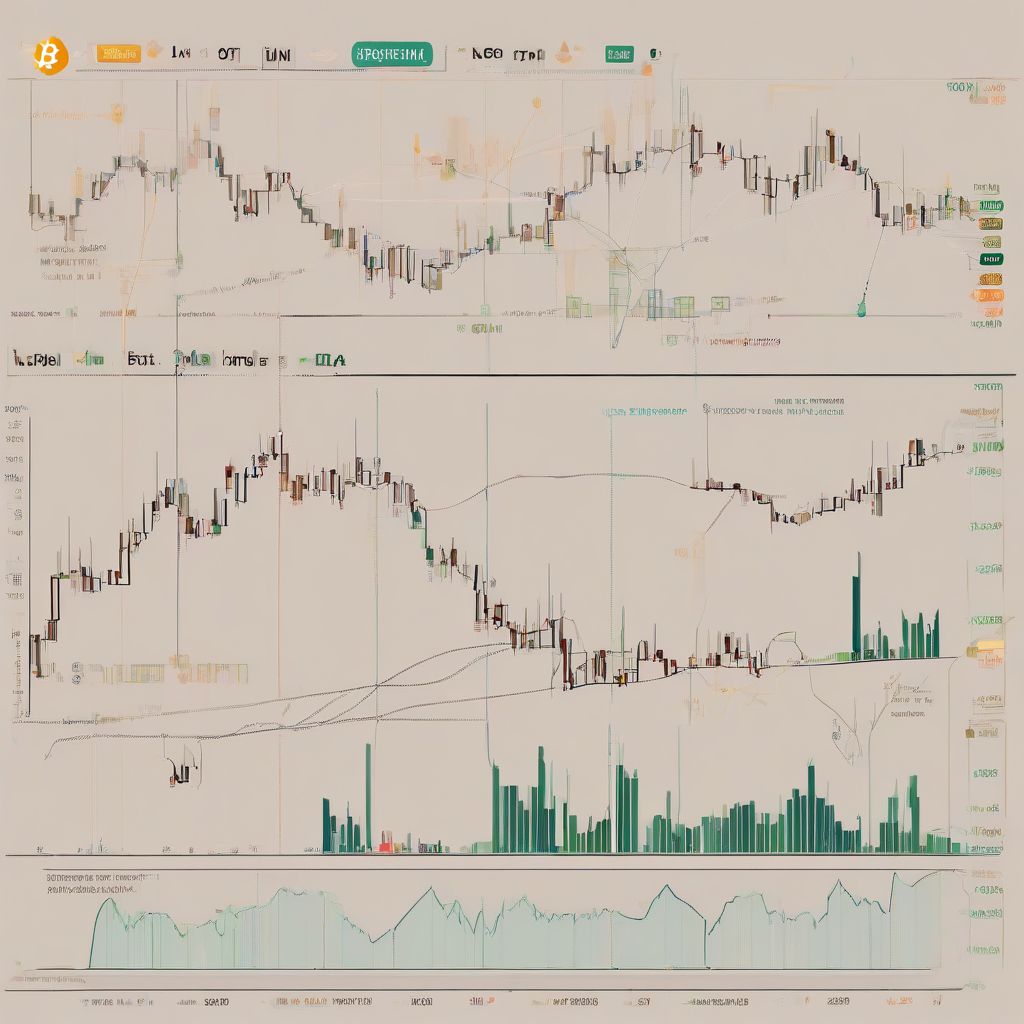Trading Days in 2023: A Complete Guide for Investors
As an investor, understanding the number of trading days in a year is crucial for planning your investment strategy. Whether you’re a seasoned trader or just starting out, knowing when the stock market is open for business is essential for making informed decisions. This comprehensive guide will delve into the Trading Days In 2023, covering everything from holidays to frequently asked questions.
What are Trading Days?
Trading days refer to the days when major financial markets, such as the New York Stock Exchange (NYSE) and the Nasdaq Stock Market, are open for trading stocks, bonds, and other securities. In the United States, a typical trading week runs from Monday to Friday, excluding federal holidays.
Trading Days In 2023
In 2023, there are 252 trading days. This number is slightly lower than the average number of trading days in a year due to the occurrence of several market holidays that fall on weekdays.
trading.hoahocthcs.com/wp-content/uploads/2024/07/trading-calendar-2023-66a45e.jpg" alt="Trading Calendar 2023" width="1024" height="1024">Trading Calendar 2023
Market Holidays in 2023
Here’s a list of the market holidays in 2023 when the NYSE and Nasdaq are closed:
- New Year’s Day (observed): Monday, January 2
- Martin Luther King, Jr. Day: Monday, January 16
- Presidents’ Day: Monday, February 20
- Good Friday: Friday, April 7
- Memorial Day: Monday, May 29
- Juneteenth National Independence Day: Monday, June 19
- Independence Day: Tuesday, July 4
- Labor Day: Monday, September 4
- Thanksgiving Day: Thursday, November 23
- Christmas Day: Monday, December 25
Why are Trading Days Important?
Understanding trading days is vital for various reasons:
1. Planning Investment Strategies
The number of trading days directly impacts the time available for your investments to grow. By knowing the trading days, you can strategically plan your entry and exit points in the market.
2. Understanding Market Volatility
Trading days around holidays or significant events often experience higher volatility due to changes in trading volume. Recognizing these patterns helps investors manage risks effectively.
3. Corporate Earnings Announcements
Companies typically release their quarterly earnings reports during trading days. Knowing these dates allows investors to stay ahead of market movements triggered by earnings surprises.
Frequently Asked Questions about Trading Days
Here are some frequently asked questions about trading days:
- Are weekends considered trading days? No, weekends are not considered trading days.
- Do all stock exchanges follow the same trading days? While major global exchanges generally align their trading days, minor variations might exist due to local holidays.
- How can I stay updated on trading days and market holidays? Financial websites, brokerage platforms, and financial calendars provide up-to-date information on trading days and market holidays.
Conclusion
Knowing the trading days in 2023 is crucial for investors of all levels. By understanding the number of trading days and factoring in market holidays, you can make well-informed investment decisions and optimize your trading strategies. Remember to stay informed about market events and consult with financial advisors to navigate the complexities of the financial markets effectively.
Do you have any other questions about trading days or investing in general? Feel free to share your thoughts and comments below!



